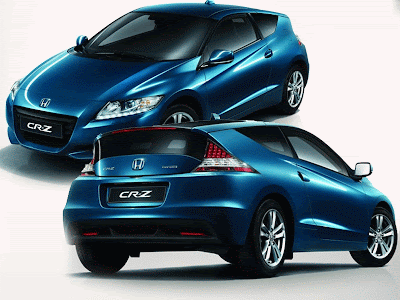OFFICIAL PRESS RELEASE
Stuttgart, Germany, Feb 23, 2005
- Market leader and most profitable bus manufacturer
- Responsible for bus-related activities
- Pioneer in the bus sector
EvoBus GmbH, a wholly owned subsidiary of DaimlerChrysler, has been responsible for the Group's European bus activities for ten years now. The company was formed on February 23, 1995, with the signing of a contract that merged the Buses product unit of the former Mercedes-Benz AG with Karl Kässbohrer GmbH. Today, ten years later, EvoBus is the undisputed number one among Europe’s bus manufacturers, with a market share of 28.5 percent.
Since its founding, EvoBus has consistently employed a “dual-brand strategy,” in which it exploits and continuously builds on the strengths of the well-established Mercedes-Benz bus and Setra brands. “From the very beginning, our policy was to consistently improve our prod-ucts,” said Wolfgang Diez, Head of DaimlerChrysler Buses and Coaches business unit and CEO and President of EvoBus GmbH. “The Mercedes-Benz brand now offers a unique full-line range of products for anything customers desire — from chassis and mini-buses all the way to articulated buses — and the Setra brand is synonymous with luxury and comfort on long journeys.” The modular system used by both brands has been significantly expanded, enabling them to rapidly produce new length and height variants for their vehicles. A total of 60 new products have been launched on the market since 1995, including for example the Mercedes-Benz Citaro city bus (1997), the Travego coach (1999), the Setra TopClass 400 (2001), the ComfortClass 400 (2003) and the Mercedes-Benz Tourino (2004).
The production network has been consistently implemented and en-hanced ever since EvoBus was established. Today, the production network encompasses plants in Mannheim and Ulm/Neu-Ulm in Germany, in Ligny-en-Barrois in France, and in Sámano, Spain (since 1998), as well as the Holýšov EvoBus plant in the Czech Republic (since 1999) and a plant operated by DaimlerChrysler's Mercedes-Benz Türk subsidiary in Istanbul. Within this exemplary network, each location serves as a center of excellence in contributing to the crea-tion of the overall product. The production network plays a crucial role because it generates synergies that are especially important for success in the bus sector, which is marked by limited production volumes.
Another key factor in the success enjoyed by EvoBus over the last ten years has been its technological leadership in the areas of safety and environmental protection. Indeed, with innovations such as its zero-emission fuel cell bus and vehicles powered by natural gas, EvoBus is making an active contribution to the environmental compatibility of local public transportation systems. In addition, the company's inclusion of the Electronic Stability Program (ESP) and Brake Assist as standard equipment in its vehicles represents a milestone in safety technology. EvoBus will also soon be introducing proximity cruise control, the lane-departure warning system and a continuous brake-force limiter, thus ensuring that it will maintain its leading position in Europe in the future.
EvoBus operates 42 of its own customer ServiceCenters and some 500 service support points in Europe. “Our philosophy is ‘Think glob-ally, act locally,’” says Diez. “We're there to serve customers wherever they are located, and to take care of all their needs. The fact that we generate 66 percent of EvoBus' revenues in Europe outside of Germany shows that our strategy is paying off.” EvoBus also offers specific services for bus operators through its OMNIplus joint service brand.
EvoBus sold approximately 8,600 units in 2004, or over 50 percent more than the sales figure for 1995. It also recorded the best results in its history. Sales of complete Mercedes-Benz buses and chassis were up by 55 percent from 3,770 units in 1995 to 5,840 units in 2004, and made a significant contribution to the company's record results. Unit sales by Setra have risen 44 percent since 1995, to 2,770 vehicles, and overall revenues at EvoBus have increased by 75 percent to €2.4 billion. The company also boosted its market share in Western Europe by approximately 2.4 percent to 28.5 percent between 1995 and 2004.
EvoBus employed some 10,600 men and women throughout Europe last year, or about 1,260 more than in 1995. The workforce in Germany totaled approximately 8,000 employees in 2004, which was about the same figure as in 1995. EvoBus is thus demonstrating its commitment to keeping jobs in Germany.
Copyright © 2010, Mercedes-Benz-Blog TRIVIA. All rights reserved.



No comments:
Post a Comment